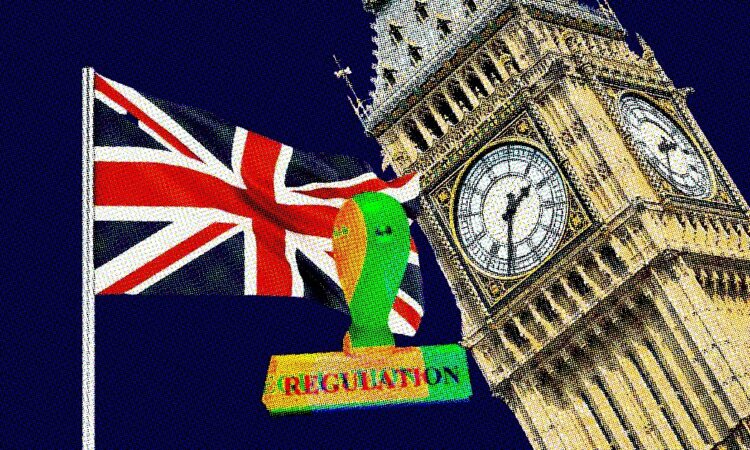
In a move to boost transparency in crypto taxation, UK authorities have introduced a new initiative asking crypto users to voluntarily share details of any unpaid capital gains or income taxes tied to their crypto assets, NFTs, and utility tokens.
Here are some more details!
What You Need to Do
According to the proposed guidelines, taxpayers are being asked to step up and voluntarily report any capital gains or income earned from dealing with various digital assets, including popular ones like Bitcoin, non-fungible tokens (NFTs), and utility tokens.
Those who come forward within a specified timeframe will get a 30-day grace period to fulfill their tax obligations. But, missing this deadline could lead to corrective action by the Treasury, potentially resulting in penalties for non-compliance.
Finding the Right Balance
This fresh approach isn’t just about taxes. It’s a smart move to strike a balance between making sure everyone pays their fair share and building a positive relationship between the government and the crypto community. The focus on voluntary disclosure shows an understanding of how things work in the crypto world.
Recent data from the UK Treasury shows a big increase in crypto transactions, prompting the need for stronger tax measures. The Treasury’s 2021 manual on crypto tax compliance has already been helpful and paved the way for these latest initiatives.
Going with the Global Flow
Experts believe that the UK’s push for clear guidelines and voluntary disclosures fits in with what other countries are doing globally. Governments are figuring out how to handle the challenges and opportunities brought by cryptocurrencies. This move makes the UK a trendsetter and could influence other nations dealing with similar tax complexities.
As the crypto market keeps growing, the UK’s proactive approach to taxes not only protects its financial interests but also sets an example. It’s a call for openness, signaling a new era of cooperation between governments and the ever-changing world of digital assets.






